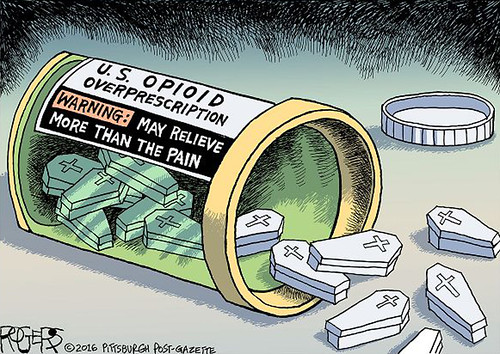9 Tips To Grow Your Marijuana Addiction
페이지 정보
작성자 Elwood 작성일 24-01-01 21:42 조회 39 댓글 0본문
 Introduction
IntroductionAlcohol detoxification is a vital procedure within the trip of recovery for people fighting liquor addiction. It is designed to eradicate toxins through the body while managing detachment symptoms. This report explores the value of alcohol cleansing, the observable symptoms skilled during detoxification, and also the techniques employed to make certain a safe and effective detoxification process.
Importance of Alcohol Detox
Liquor detox plays a pivotal role in addiction data recovery as a result of the physical and emotional reliance that develops eventually. Persistent alcoholic abuse results in changes in brain biochemistry, leading to detachment symptoms when drinking is ceased. These symptoms range from tremors, anxiety, insomnia, nausea, and even seizures. By undergoing detoxification, individuals can overcome the immediate actual ramifications of alcoholic beverages withdrawal, establishing the phase for further treatment and long-lasting data recovery.
Signs Experienced During Alcohol Detoxification
During alcoholic beverages detoxification, people may experience an array of withdrawal signs that may vary in seriousness. Minor signs can include shaking, sweating, and headaches, while more severe situations can involve hallucinations, delirium, and seizures. The strength and timeframe of the signs rely on different factors, such as the quantity and length of time of alcohol abuse, specific illnesses, and earlier cleansing experiences. It is vital to observe that these signs may be life-threatening, showcasing the requirement of professional medical supervision through the cleansing process.
Methods of Alcohol Detox
There are different ways and configurations available for liquor detox, which is often classified into outpatient, inpatient rehab, and hospital-based detoxification facilities. Outpatient detox programs provide freedom, allowing individuals to obtain treatment while living in the home. However, these are typically generally speaking suitable for individuals with mild withdrawal signs and a good support system. Inpatient detoxification programs supply a controlled environment with 24/7 medical care, ensuring instant awareness of any problems that'll arise. Hospital-based detox, conversely, is suitable for people with extreme withdrawal signs, needing a higher level of medical intervention.
During cleansing, health specialists may administer medications to alleviate detachment signs and lower disquiet. Medicines particularly benzodiazepines, anticonvulsants, and anti-anxiety medicines can be accustomed handle detachment signs effortlessly. Additionally, medical professionals track essential indications, offer guidance services, and apply a comprehensive treatment plan to deal with the underlying factors behind alcoholic beverages addiction.
Conclusion
Alcohol cleansing is a vital action towards recovery, aiding individuals in managing withdrawal symptoms and decreasing the chance of problems. It provides a safe and monitored environment for people to get rid of toxins from their bodies and prepares all of them for further therapy modalities. However, it is important to identify that detox alone is certainly not an entire answer but rather the original stage of a comprehensive treatment plan. Following detoxification, individuals must certanly be urged to engage in counseling, treatment, and support groups to address the psychological and personal components of liquor addiction. By recognizing the value of alcoholic beverages detoxification and offering comprehensive treatment, healthcare professionals can provide people suffering alcoholic beverages addiction a better possibility at lasting recovery.
- 이전글 Do not get Too Excited. You May not be Done With Binary Options
- 다음글 aztor rezeptfrei erhältlich in bestimmten Ländern Preis für verschreibungspflichtiges tarimyl in Hamburg
댓글목록 0
등록된 댓글이 없습니다.